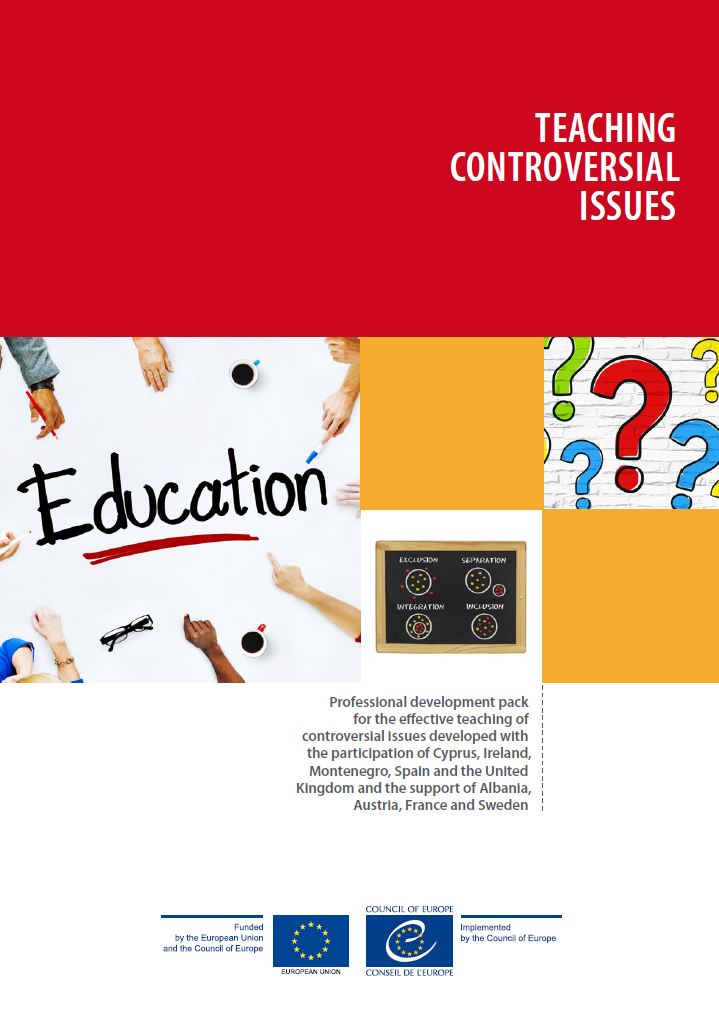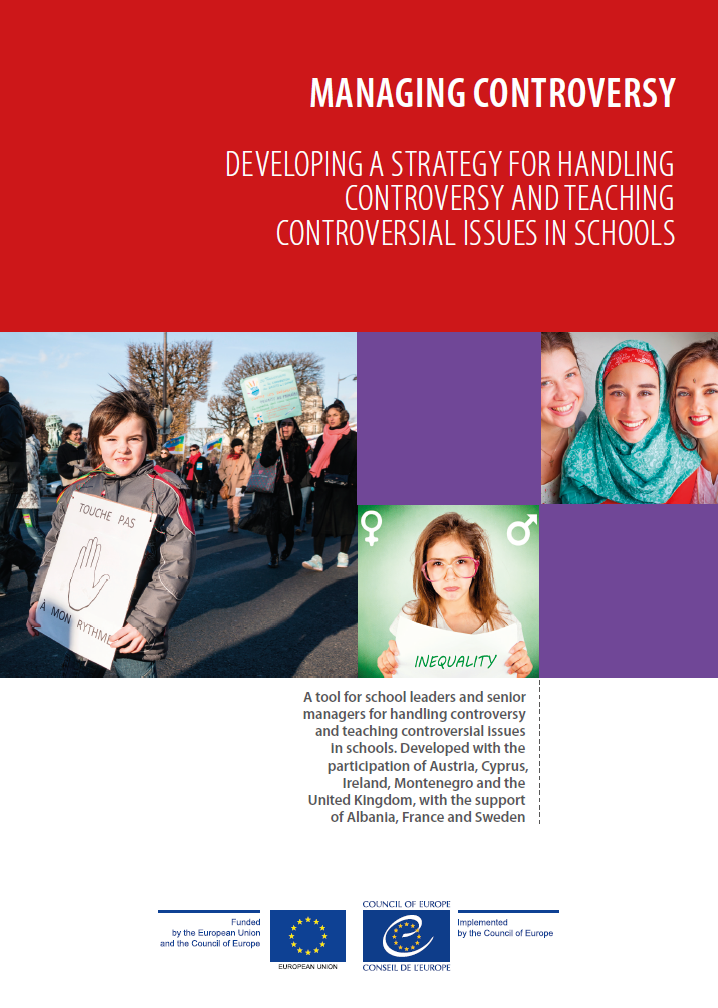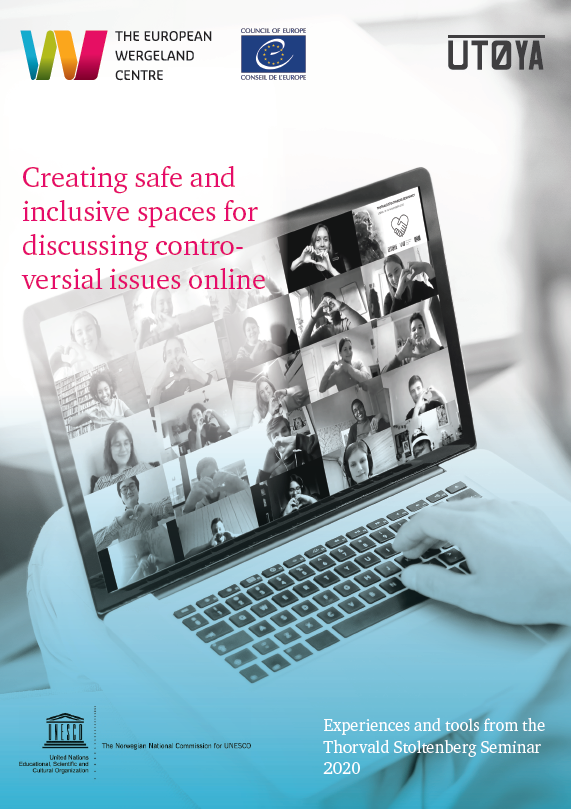This page with video tutorials and other resources gives a basic introduction to Teaching Controversial Issues (TCI) and how to work with them in classroom, school and beyond.
The set of four videos support educator to learn more about controversial issues and ways of managing them in education settings. They provide an introduction to TCI for teachers, teacher students and other educators by explaining what controversial issues are, why it is important to work with them and how they can be addressed through practical teaching methods and approaches.
You can use these videos for self-studying, when preparing for a presentation or conducting a session on the issue. Scripts are available for every video. Feel free to use them too!
Controversial issues are issues which arouse strong feelings and divide opinion in communities and society. They vary from local to global – from mosque building to reducing the impacts of climate change. They also vary with place and time. Gay marriage, for example, is relatively unproblematic in some countries but highly contentious in others. Almost any topic can become controversial at any time and new controversies are arising every day.
Controversy is a growing part of life, and therefore of school life. There are many benefits that come from embracing controversy openly and taking it seriously wherever it occurs in school life. It enables students to identify and critically analyze their own values and those of others. It is important to create opportunities for young people to learn to engage in dialogue with each other by focusing on issues on which they share different viewpoints. By engaging with controversial issues, young people develop important competences relating to democratic culture, civic attitudes and behaviours.
An introduction to Teaching Controversial Issues
In this video you get more information on what controversial issues are, why it is important to teach controversial issues and what key challenges might arise when working with them.
Activities for Teaching Controversial Issues
In this video you will learn how to build the capacity of educators to work on controversial issues by using concrete activities. The example of teacher students is used.
How to deal with personal “baggage”
In this video you will learn more about why self-reflection is important for an educator working with controversial issues. How should teachers deal with their own experiences and opinions? Should you share your own opinions on the issues?
A safe environment for all
This video presents why it is important to work with controversial issues in the classroom and how a safe environment for all can be created by teachers and other educators.
Learn more
The videos were developed within the framework of the Step Up DC – Student Teachers’ Practices for Democratic Culture project (2019 – 2022), funded by Erasmus+.
EWC expresses a particular gratitude to Prof. Dr. David Kerr, Ted Huddleston and Prof. Dr. Bojka Djukanovic for their support in the development of these resources.


